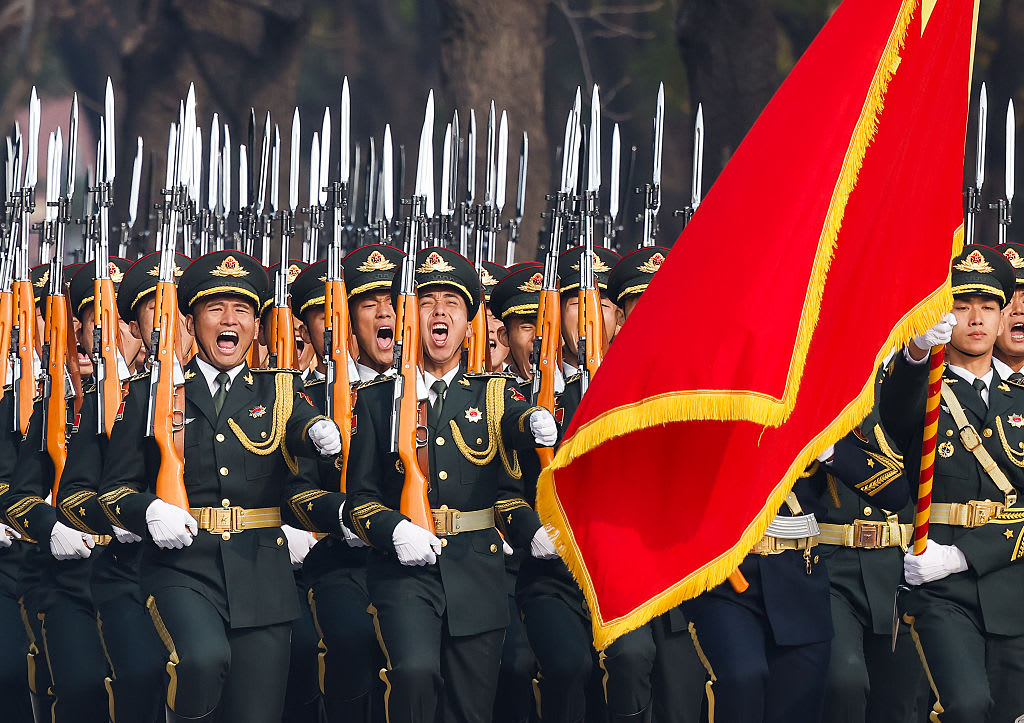The Gap sorry for T-shirts with China map that omits Taiwan
The Gap has joined a growing count of companies that have stepped on the Chinese government's toes on the sensitive topic of Taiwan, the self-ruled island that mainland China claims as part of its territory.
The clothing retailer apologized Monday for printing T-shirts displaying a map of China without Taiwan, saying it "respects China's sovereignty and territorial integrity," according to a tweet by the People's Daily, the official newspaper of the Chinese Communist Party.
Gap confirmed the apology and its wording in an email, and added that "this batch of products has been pulled off shelves in the Chinese market and destroyed."
The company is only the latest to offer a mea culpa after committing a faux pax on a topic touchy to Beijing. Long-simmering territorial feuds from Taiwan to Tibet underline China's insistence that international companies adhere to its stances, or risk not being allowed to do business there.
The world's most populous nation calls democratic Taiwan one of its provinces despite nearly seven decades of separate governance. Tibet is a self-ruled region, yet home to a movement looking to stop what advocates describe as Chinese "occupation."
Mercedes-Benz in February apologized to the Chinese for quoting the Dalai Lama on Instagram. The automaker's apology came just a few weeks after Chinese regulators investigated Marriott International for listing Tibet as a nation on its website.
After apologizing for the website episode, Marriott again found itself in hot water after one of its hotels in China in January exhibited mock versions of a book that claimed government abuse of the prohibited Falun Gong spiritual group. The hotel quickly disposed of the cardboard replicas, according to reports.
Retailer Zara and airline Delta in January also offered apologies after naming Tibet and Taiwan as nations on their websites.
China in April told dozens of international carriers that they needed to conform to Beijing's dictates when making references to Taiwan, Hong Kong and Macau on their sites. The move sparked criticism from the Trump administration, which dismissed as "Orwellian nonsense" China's demand that airlines not name Taiwan, Hong Kong and Macau as sovereign nations.
But turf disputes aren't the only issues that ruffle feathers. As in other parts of the world, accusations of sexism also come into play in China.
Ikea in October apologized and pulled a commercial from Chinese television accused of being insensitive to single women. The Swedish furniture maker's ad showed a mother reprimanding her daughter for failing to bring a boyfriend home to meet her parents.



